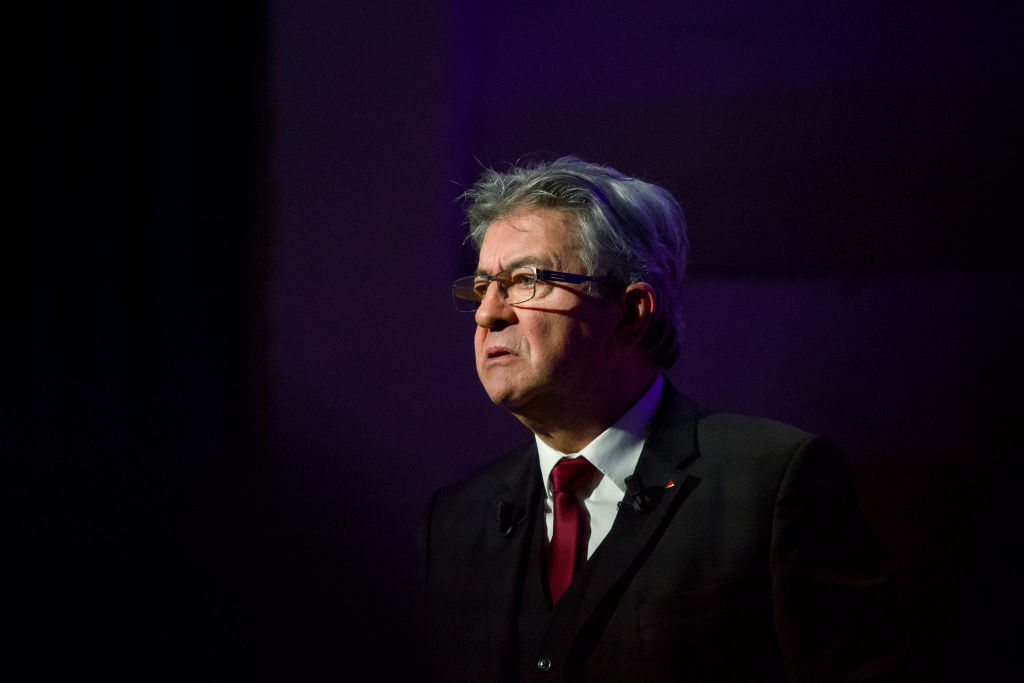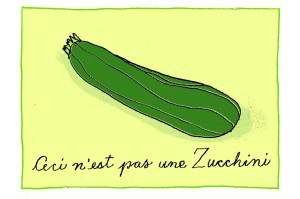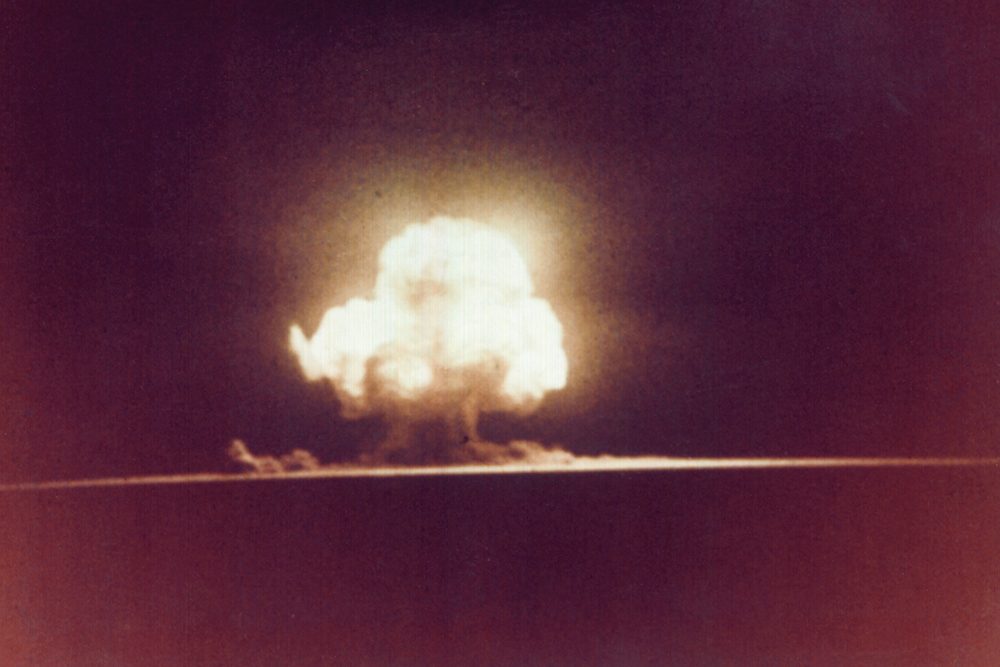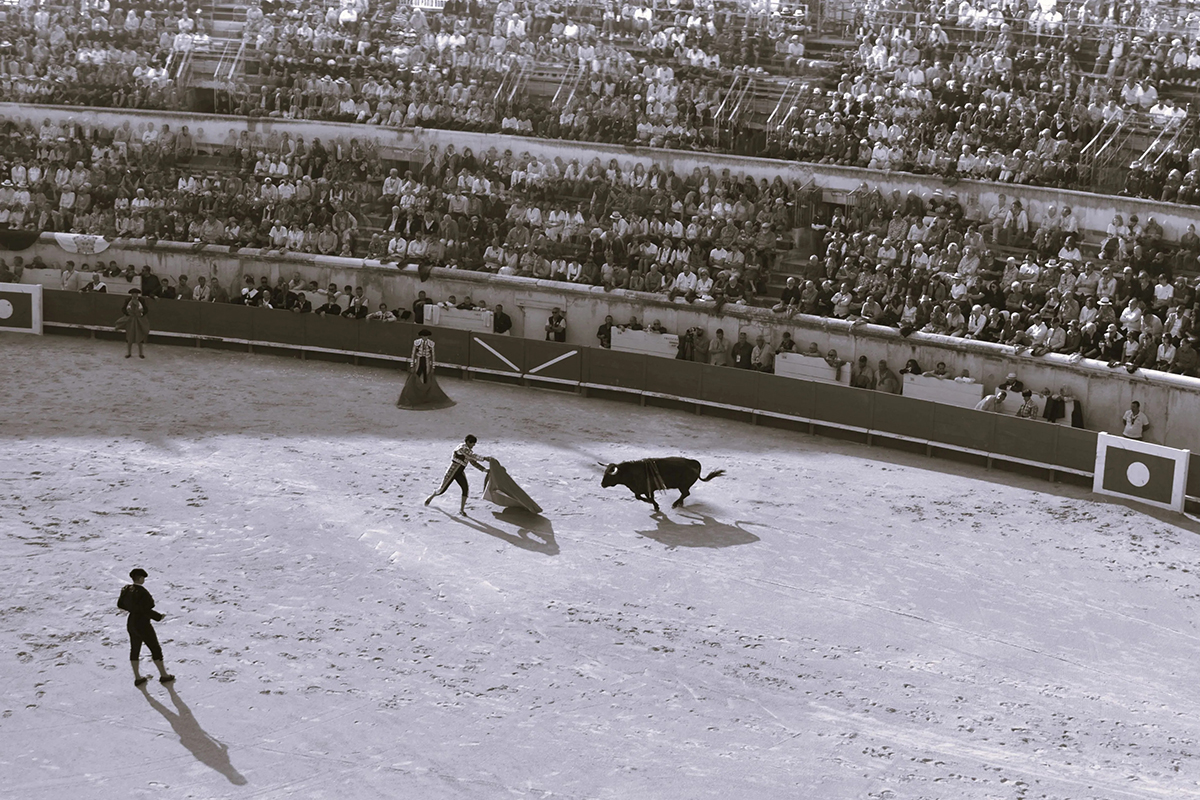One hopes that the arrest of seven suspected members of Hamas last Thursday by European police has embarrassed numerous politicians in the West. Those, like Daniele Obono, of the La France Insoumise (LFI) Party, who described the terror group as a “resistance movement” not long after they’d slaughtered 1,200 Israeli men, women and children back in October. According to reports, the seven terrorists were arrested in Germany, Holland and Denmark as they prepared to launch attacks against several Jewish sites in Europe.
One of the most disturbing elements of the October 7 Hamas attack on Israel in a European context was the reaction of many on the political and cultural left. In no party has this been more pronounced than in LFI, who consequently have seen their approval rating plummet.
All this rhetoric is undoubtedly fueling the antisemitism that is now rampant in France
In contrast, the standing of Marine Le Pen’s National Rally (NR) continues to rise. A poll in the left-wing Le Monde reported that “support for the NR’s ideas is growing, and that the party is gaining credibility, particularly when compared to the left-wing opposition.”
Le Monde said that the survey’s respondents agreed with Le Pen “on the subjects of security, immigration and Islam.” But there is a fourth reason why her party has become credible and that is because of the incredible response of the left to what Holocaust foundations liken to crimes committed by Nazis.
Many politicians, academics, journalists and celebrities appear to have either excused, trivialized or ignored the brutal killing of more than 1,000 Jews, while at the same time accusing Israel of crimes of against humanity in their response to the Hamas attack. On Thursday, the leader of LFI, Jean-Luc Mélenchon, demanded the imposition of economic sanctions against Israel, saying it should be punished in the same way Russia was for invading Ukraine. A few hours later Olivier Faure, head of the French Socialist Party, tweeted his opinion of Israeli’s military operations in Gaza: “This is not a response. October 7 became a pretext not only to make Gaza unlivable, but to colonize the West Bank. The Israeli far right will be held accountable to the whole world.”
All this rhetoric is undoubtedly fueling the antisemitism that is now rampant in France. Last Monday, a woman in Paris was confronted by a man with a knife who asked if she was Jewish. “No,” she replied, to which the man replied, “You’re lucky, otherwise you’d have copped it in the gut.” A day later, in a suburb of Paris an intruder entered a crèche and told the Jewish director: “You’re Jewish, you’re a Zionist. Five of us will come to rape you, cut you up like they do in Gaza.”
Historically, it was the far-right in Europe which had in general denied or downplayed the Holocaust — none more so than Jean-Marie Le Pen, whose name became synonymous in France with antisemitism. Le Pen, the father of Marine, founded the National Rally (then known as the National Front) in 1972 and counted among its early members a man who had fought for the French Division of the Waffen-SS.
Le Pen never denied that the Nazis murdered Jews but he expressed skepticism about the number and method. In a 1987 interview, he described the mass extermination of Jews as “a point of detail in the history of World War Two” and continued: “I am not saying that the gas chambers did not exist. I myself have never seen one… anyway, listen, are you telling me that this is a revealed truth that everyone must believe? It’s a moral obligation? I’m saying that there are historians who debate these issues.”
One historian, René Rémond, accused Le Pen of attempting to “trivialize what happened during World War Two… there is a denial of the truth of the genocide.” Rémond said that Le Pen and others like him ‘cast doubt and, on the pretext that they have not seen any witnesses, they behave like revisionists’.
Le Pen, who was an MEP at the time, repeated the “point of detail” remark in Munich a few weeks later. In response, the European Parliament lifted his immunity so that a German prosecutor could begin a criminal investigation on a charge of “belittling” the Holocaust.
Le Pen was frequently in the dock over the years to answer similar charges. As recently as 2012 a French court handed Le Pen a three-month suspended sentence for “contesting crimes against humanity” after he claimed that the Nazi occupation was not “particularly inhumane.” Like his comments about the gas chambers, Le Pen was guilty of trying to revise history, willfully ignoring massacres such as Oradour-Sur-Glane, where in June 1944 the SS murdered a village of 643 men, women and children.
It was a slaughter carried out with the same sadistic ferocity as Hamas’s destruction of the Nir Oz kibbutz on October 7. Homes were razed and civilians murdered in cold blood, the difference being that in 1944 the Nazis didn’t film or photograph the atrocity in order to impress their friends and supporters.
Like the majority of politicians in France, Marine Le Pen condemned Hamas’s terrorist attack and offered her party’s full support to Israel. She and her eighty-seven MPs participated in last month’s march in Paris against antisemitism. Their presence was welcomed by Serge Klarsfeld, probably France’s most venerable Jewish campaigner, whose organization had pursued Jean-Marie Le Pen through the courts on several occasions. He expressed his satisfaction that the daughter rejected the father’s bigotry, but described his sadness in seeing “the far left abandoning its line of action against antisemitism.”
The left deploy the same malignant tactics as Jean-Marie Le Pen. Prominent politicians call Hamas a “resistance movement” or refuse to label their actions terrorism. University professors crack jokes in front of their students about the rape and murder of civilians and intellectuals attempt to justify these atrocities in social media posts.
This isn’t just a French phenomenon. In America, the presidents of several of the country’s most distinguished universities refused to acknowledge that students calling for a genocide of Jews amounted to harassment.
In Britain, one of the Guardian’s columnists wrote about the attack on October 7. Although they didn’t deny that Israel had been attacked, they expressed skepticism about some of the details of the massacre. Jean-Marie Le Pen wasn’t a Holocaust denier, but he was a trivializer. If he can be pursued through the courts for “belittling” the Holocaust and “contesting crimes against humanity,” why can’t the trivializing of the Hamas attack be called out?
Shortly after Daniele Obono described Hamas as a “resistance movement,” she was appointed a full judge of the Court of Justice of the Republic, a body responsible for trying crimes or offenses committed by members of the government in the performance of their duties. These immoral decisions don’t go unnoticed by voters — it is a factor in the growing disenchantment with the left-leaning Paris elite and also the rise in credibility of Marine Le Pen.
For decades, the left in Europe held itself up as the custodian of the continent’s morality. But in a matter of weeks this edifice of virtuousness has been swept away.
This article was originally published on The Spectator’s UK website.


























Leave a Reply